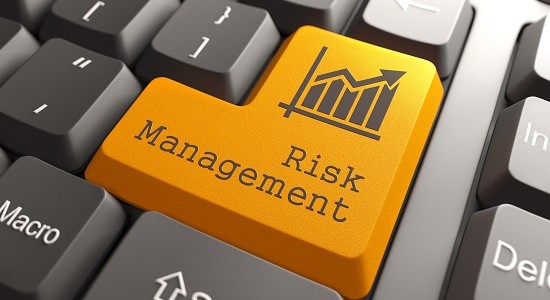RISK MANAGEMENT
What is risk?
Risk, in insurance terms, is the possibility of a loss or other adverse event that has the potential to
interfere with an organizations ability to fulfil its mandate, and for which an insurance claim may be submitted.
Risk management ensures that an organization identifies and understands the risks to which it is exposed. Risk management also guarantees that the organization creates and implements an effective plan to prevent losses or reduce the impact if loss occurs.
A risk management plan includes strategies and techniques for recognizing and confronting these threats. Good risk management doesn’t have to be expensive or time consuming: it may be as uncomplicated as answering three questions:
I. What can go wrong?II. What will we do, both to prevent the harm from occurring and in response to the harm or loss?
III.If something happens, how will we pay for it?
Benefits to managing risk
Risk management provides a clear and structured approach to identifying risks. Having a clear understanding of all risks allows an organization to measure and prioritize them and take appropriate actions to reduce losses. Risk management has other benefits for an organization, including:
a. Saving resources: Time, assets, income, property and people are all valuable resources that can be saved if fewer claims occur.
b. Protecting the reputation and public image of the organization.
c. Preventing or reducing legal liability and increasing the stability of the Organization.
d. Protecting people from harm
e. Protecting the environment.
f. Enhancing the ability to prepare for various circumstances.
g. Reducing liabilities.
h. Assisting in clearly defining insurance needs.

An effective risk management practice does not eliminate risks. However, having an effective and operational risk management practice shows an insurer that your organization is committed to loss reduction or prevention. It makes your organization a better risk to insure.
Role of Insurance in risk management
Insurance is a valuable risk-financing tool. Few organizations have the reserves or funds necessary to take on the risk themselves and pay the total costs following a loss. Purchasing insurance, however, is not risk management. A thorough and thoughtful risk management plan is the commitment to prevent harm. Risk management also addresses many risks that are not insurable, including brand integrity, potential loss of tax-exempt status for volunteer groups, public goodwill and continuing donor support.
Why manage your risk?An organization should have a risk management strategy because:
a) People are now more likely to sue. Taking the steps to reduce injuries could help in defending against a claim.
b) Courts are often sympathetic to injured claimants and give them the benefit of the doubt.
c) Organizations and individuals are held to very high standards of care.
d) People are more aware of the level of service expect, and the recourse they can take if they have been wronged.
e) Organizations are being held liable for the actions of their employees/ volunteers.
f) Organizations are perceived as having a lot of assets and/or high insurance policy limits.

